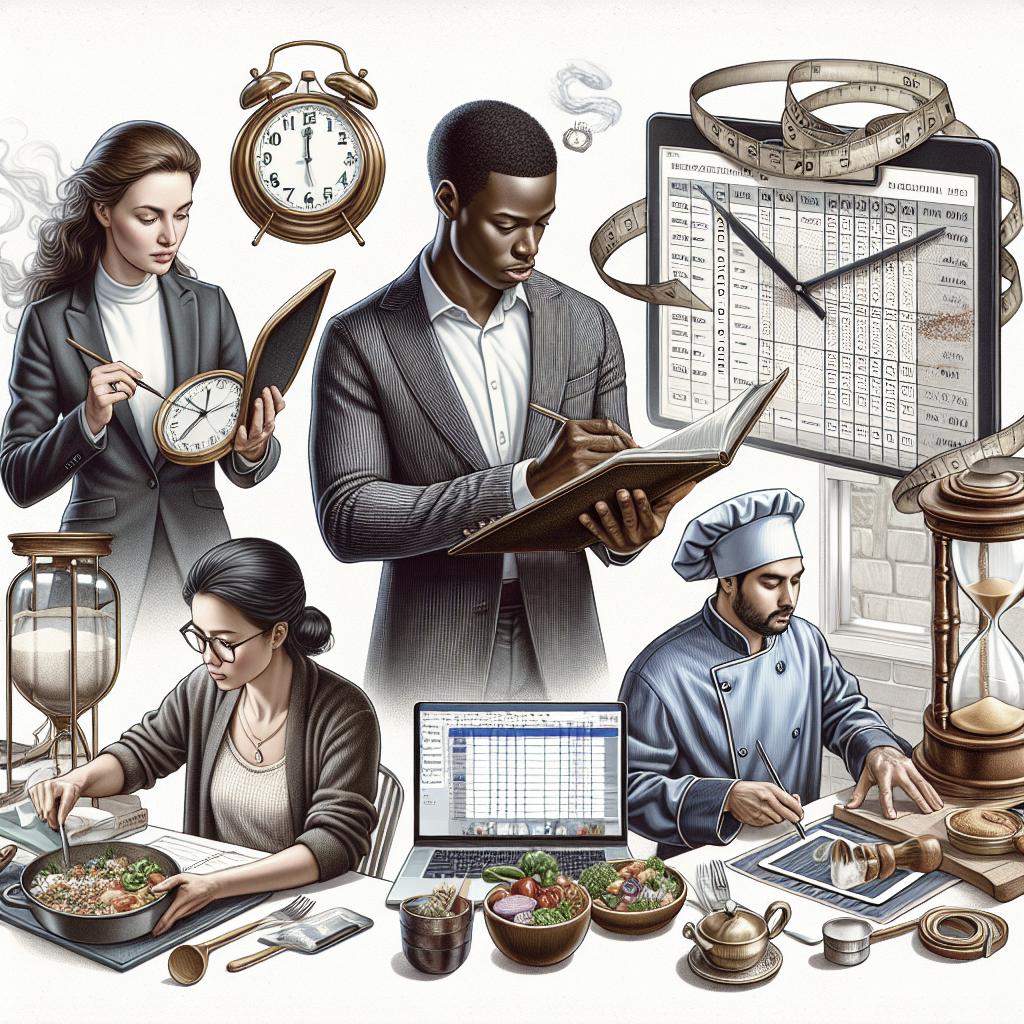“`html
How to Adopt a Minimalist Lifestyle
Written By: Lucas Martin
In a world overflowing with consumerism and clutter, adopting a minimalist lifestyle can be a breath of fresh air. This lifestyle focuses on reducing excess and embracing simplicity in various facets of life, from possessions to daily habits. This guide will walk you through essential steps such as decluttering your space, making mindful purchases, and shifting focus from material items to meaningful experiences. By embracing minimalism, you can create a more peaceful, intentional life that values quality over quantity. Whether you’re looking to free up physical space or declutter your digital world, this comprehensive approach offers practical strategies to lead a simpler life.
1. Declutter What You Already Have
Starting your minimalist journey begins with evaluating the items you already possess. Look around your home and identify what truly adds value to your life. By systematically sorting through your belongings room by room, you can pinpoint what to keep, donate, or dispose of. Adopt a keepsake box for sentimental items you cannot bear to part with, which helps in reducing clutter while preserving memories.
The goal is to create an environment that facilitates peace and order rather than chaos. To effectively declutter, consider the Marie Kondo method of assessing whether items spark joy. If not, it’s time to let go. This can prove liberating as you realize how much space and mental energy are tied up in possessions that you don’t need.
2. Recycle & Freecycle
Understanding the value of items you no longer need is critical. Instead of merely discarding unwanted belongings, seek ways to either recycle or freecycle them. Recycling ensures that materials are repurposed and don’t end up contributing to landfill waste. Check your local community guidelines for recommended recycling practices.
Meanwhile, freecycling is an excellent way to ensure that your unwanted goods find a new home where they will be used and appreciated. There are numerous community groups and platforms online where you can offer items for free, such as Freecycle, Facebook Marketplace, or local swap pages. This not only benefits the environment but also strengthens community bonds.
3. Be Mindful When You Shop
One of the cornerstones of minimalism is mindfulness in consumer habits. Before making a purchase, always ask yourself if this item is truly needed and will add value to your life. Consider implementing a waiting period for significant purchases, which provides time to reflect on their necessity and helps curb impulsive buying.
Adopting a mindful approach to shopping can reveal how often buying is driven by habits, emotions, or temptations rather than actual needs. Slowly, this mindful practice cultivates a deeper understanding of your consumption patterns, encouraging you to invest in items that align with your minimalist aspirations.
4. Only Buy Essentials
As you embrace minimalism, reducing the number of purchases is fundamental. Aim to spend primarily on essentials, asking yourself before each purchase if it is necessary for day-to-day life. Groceries, toiletries, and household maintenance items typically fall into this category.
An excellent strategy is creating and adhering to a shopping list focused exclusively on essentials whenever you visit a store. This ensures you remain committed to a minimalist approach and prevents unnecessary drifting into aisles filled with tempting but non-essential items.
5. Quality Over Quantity
Minimalism encourages a shift from quantity to quality. Invest in fewer items but prioritize those that exhibit durability, craftsmanship, and sustainability. High-quality items often come with a higher initial price tag, but their longevity and reliability make them a more cost-effective choice in the long term.
From clothing to furniture, seek out brands with a commitment to ethical materials and manufacturing processes. By favoring quality, you not only reduce waste but also surround yourself with items that truly satisfy and fulfill your needs.
6. Cook Simply
Minimalism can also transform how you approach eating and cooking. Simple cooking emphasizes fresh, whole ingredients and straightforward preparation methods. This reduces the clutter of numerous gadgets and utensils in your kitchen and aligns better with a minimalist lifestyle.
Focus on creating a small repertoire of meals that are nutritious and easy to prepare, which will simplify your meal planning and grocery shopping. By rotating through a few trusted recipes, you minimize wastage and unwanted kitchen stress.
7. Pick Experiences Over Things
In the journey toward minimalism, shifting your focus from material possessions to experiences can be incredibly fulfilling. Experiences like travel, learning a new skill, or spending time with loved ones create lasting memories and contribute more to our overall happiness.
Consider setting aside an “experience budget” each month or year, which allows you to prioritize meaningful activities without feeling deprived. These moments often provide more value and personal growth than acquiring new possessions ever could.
8. Choose Electronic Books and Online Reads
One practical way to adopt a minimalist lifestyle is by turning to digital reading. E-books and online publications offer a clutter-free approach to consuming literature and staying informed. By using a digital device, you eliminate the need for physical bookshelves filled with materials you might only access occasionally.
This shift also cuts down on paper usage and aligns with a sustainable lifestyle. Explore digital libraries and subscription services that allow unlimited access to a wide array of topics and genres, ensuring an enriched reading experience.
9. Declutter Your Devices & Inbox
In today’s digital age, minimalism isn’t confined to physical spaces. Ensure that your devices reflect your minimalist philosophy by organizing apps, files, and icons into curated folders. Delete unused applications and files, and take advantage of cloud storage to minimize physical infrastructure.
Email clutter is equally significant, so regularly clean your inbox. Unsubscribe from unnecessary newsletters and categorize emails for seamless retrieval. Keeping your digital environment streamlined makes daily operations more efficient and less stressful.
10. Repeat Again and Again
Minimalism is a lifestyle that requires consistent practice and mindfulness. Regularly reassessing and adjusting your habits ensures that you remain focused on living with intention and simplicity. The process of decluttering and simplifying should be a continual cycle, not a one-time task.
Repetition ingrains the minimalist mindset, reducing the temptation to revert to old habits. Schedule periodic reviews and set realistic goals to keep your minimalist journey on track, gradually evolving and refining as you learn what works best for you.
Summary of Main Points
| Strategy | Description |
|---|---|
| Declutter What You Already Have | Reduce clutter by sorting items, keeping only what adds value. |
| Recycle & Freecycle | Repurpose or give away unneeded items instead of throwing them away. |
| Be Mindful When You Shop | Question the necessity of purchases before buying. |
| Only Buy Essentials | Prioritize spending on essential items only. |
| Quality Over Quantity | Invest in fewer, higher-quality possessions. |
| Cook Simply | Focus on simple meals with fresh ingredients to minimize kitchen clutter. |
| Pick Experiences Over Things | Prioritize experiences that offer lasting memories and happiness. |
| Choose Electronic Books and Online Reads | Opt for digital reading to reduce physical clutter and paper use. |
| Declutter Your Devices & Inbox | Streamline your digital life by organizing and cleaning regularly. |
| Repeat Again and Again | Continually practice minimalism to embed the lifestyle into daily habits. |
“`

